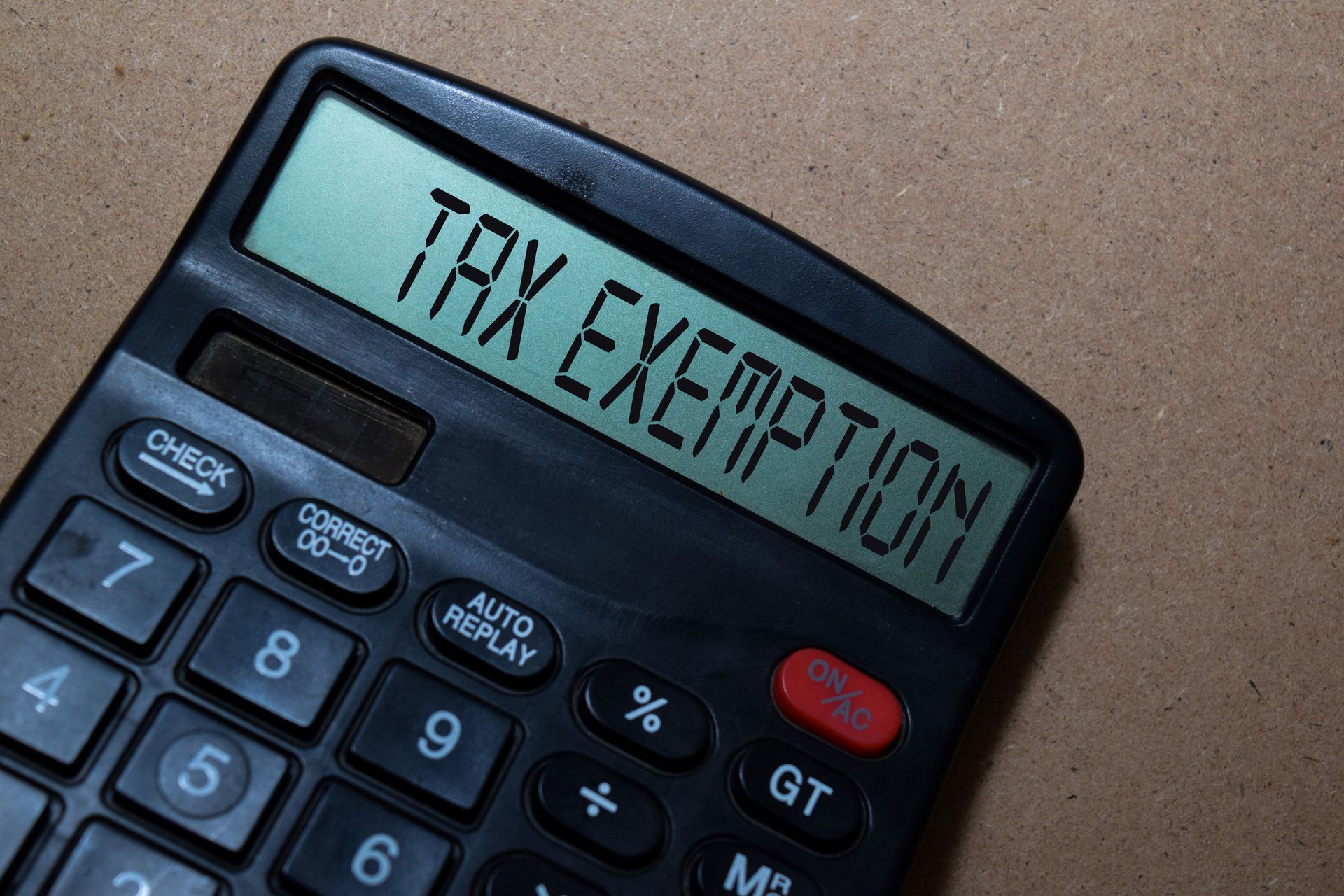Mastering Financial Statement Consistency for Smooth Taxation
Ensuring financial statement consistency might sound like a daunting task, but it's crucial for smooth taxation. Whether you're a business owner or an accountant, maintaining accuracy and consistency in your financial statements can save you from headaches and unexpected tax issues down the road.
Why Financial Statement Consistency Matters
Consistency in financial statements is crucial as it ensures that all your business transactions are recorded in the same manner every time, regardless of the type or scale of the transaction.
This standardized approach not only makes the financial data reliable but also significantly aids in accurate tax reporting, as it allows for easier tracking of income and expenses over time. When your financial statements are consistent, you are not only better prepared for audits but can also easily identify discrepancies and anomalies that may arise in your financial records.
Such consistency fosters a clearer understanding of your business's financial health and provides stakeholders with confidence in the accuracy of the reported figures. Furthermore, it can streamline the decision-making process, as management can rely on trustworthy data to make informed choices regarding investments, budgeting, and strategic planning.
The Role of Accounting Standards
Adhering to Generally Accepted Accounting Principles (GAAP) or International Financial Reporting Standards (IFRS) is vital. These standards offer guidelines for recording and reporting financial transactions, making it easier to maintain consistency. By following these standards, businesses can ensure that their financial statements are comparable across periods, which is essential for tax purposes.
Choosing the Right Accounting Method
Your choice of accounting method—cash or accrual—plays a significant role in maintaining consistency. The cash method records income and expenses when they are actually received or paid, while the accrual method records them when they are earned or incurred. Decide on a method that aligns with your business model and stick to it to avoid inconsistencies.
Implementing Internal Controls
Internal controls are procedures put in place to ensure the accuracy and reliability of financial reporting. These controls help prevent errors and fraud, making sure that your financial statements are consistent. Regularly review and update these controls to adapt to your business's changing needs.
Utilizing Financial Software
Modern financial software can automate many aspects of accounting, from recording transactions to generating financial reports. These tools often come with features that ensure consistency, such as standardized templates and automatic data entry. Investing in good financial software can greatly reduce the risk of inconsistencies.
Regular Financial Audits
Conducting regular financial audits can help identify and correct inconsistencies. Audits involve a thorough examination of your financial records by an independent party, ensuring that your financial statements are accurate and consistent. Regular audits can also prepare you for tax season and potential IRS audits.
Training and Development
Investing in training for your accounting team is crucial for maintaining consistency. Ensure that your team is well-versed in the latest accounting standards and software. Regular training sessions can help keep everyone on the same page, reducing the risk of errors and inconsistencies.
Documenting Accounting Policies
Having a documented set of accounting policies can serve as a reference for your team, ensuring that everyone follows the same procedures. This documentation should include guidelines for recording transactions, preparing financial statements, and conducting audits. Regularly update these policies to reflect any changes in accounting standards or business operations.
Consistent Financial Reporting
Prepare financial statements at regular intervals—monthly, quarterly, or annually. Consistent reporting helps in identifying trends and discrepancies early, making it easier to address them before they become significant issues. Regular reporting also ensures that you are always ready for tax filing and audits.
Managing Financial Data
Proper management of financial data is essential for maintaining consistency. Ensure that your financial records are organized and easily accessible. Use cloud storage solutions to keep your data secure and readily available for audits and tax preparation.
Importance of Accurate Record-Keeping
Accurate record-keeping is the backbone of consistent financial statements. Ensure that all transactions are recorded in detail and promptly. Double-check entries for errors and make necessary corrections immediately. This practice will save you time and stress during tax season.
Handling Adjustments and Corrections
Mistakes are inevitable, but how you handle them matters. Make adjustments and corrections as soon as discrepancies are identified. Document these changes thoroughly, explaining the reasons and methods used for correction. This transparency will be beneficial during audits and tax reviews.
Communicating with Tax Professionals
Regular communication with tax professionals can help ensure that your financial statements are consistent and compliant with tax laws. Tax professionals can provide valuable insights and advice on maintaining accuracy and consistency in your financial records. They can also assist in identifying potential tax-saving opportunities.
Leveraging Technology for Tax Compliance
Technology can play a significant role in ensuring tax compliance. Use tax software that integrates with your financial software to streamline the tax filing process. These tools can help you stay updated with the latest tax laws and ensure that your financial statements are consistent and compliant.
Preparing for Tax Season
Preparation is key to a smooth tax season. Start by reviewing your financial statements and making necessary adjustments well in advance. Ensure that all your records are up-to-date and consistent. Having a clear and organized financial statement will make the tax filing process much more manageable.
Conclusion
Achieving financial statement consistency is crucial for effective taxation and overall business success. By following these steps, you can ensure that your financial statements are accurate, reliable, and compliant with tax laws. Remember, consistency is not just about avoiding mistakes—it's about building a solid foundation for your business's financial health.
For further assistance in maintaining financial statement consistency and preparing for tax season, consider consulting with a professional accountant or tax advisor.
Their expertise can provide you with the support and guidance needed to ensure that your business remains financially sound and compliant with all tax regulations.
Ready To Ease Your Tax Season Stress?
Sela Tax & Accounting offers tailored small business accounting services, providing expert guidance to navigate tax complexities and ensure compliance. Our dedicated team supports you in making informed financial decisions, helping you achieve peace of mind and reach your business goals. Contact us today for a personalized consultation!
Call today for a free 15-min consultation

2024 © Sela Tax & Accounting



